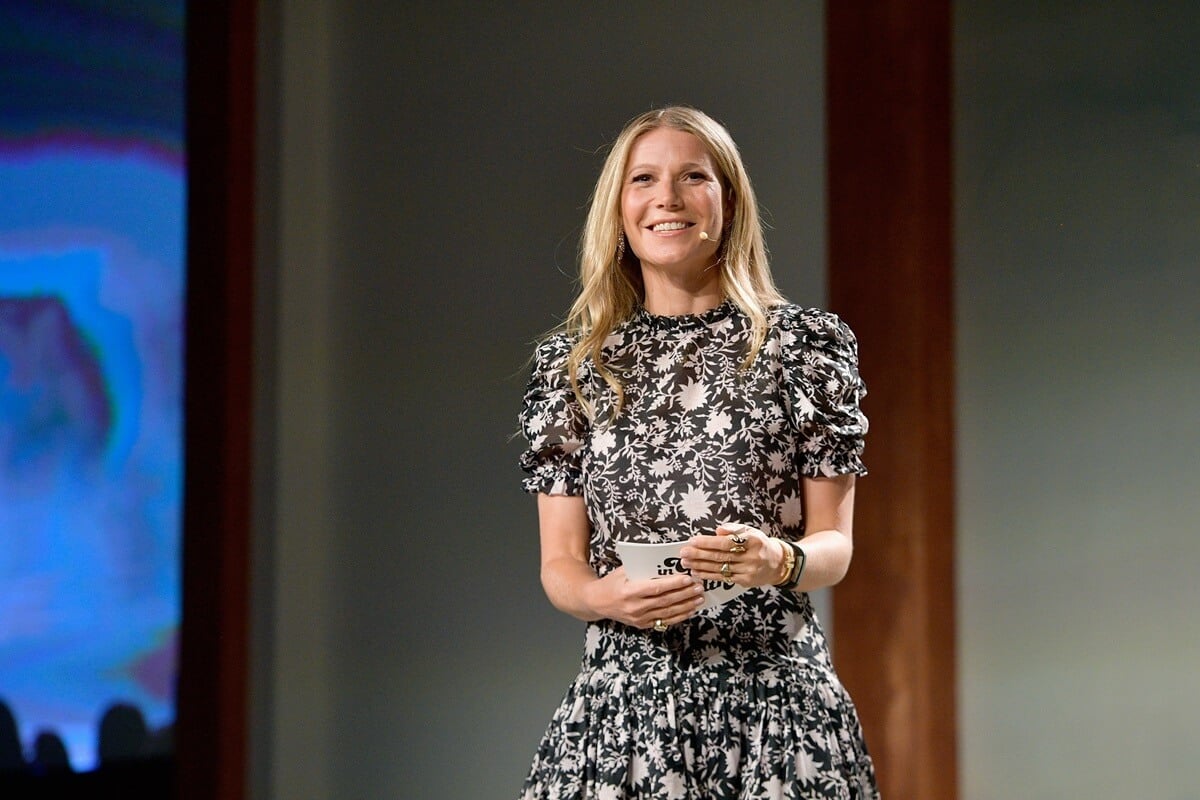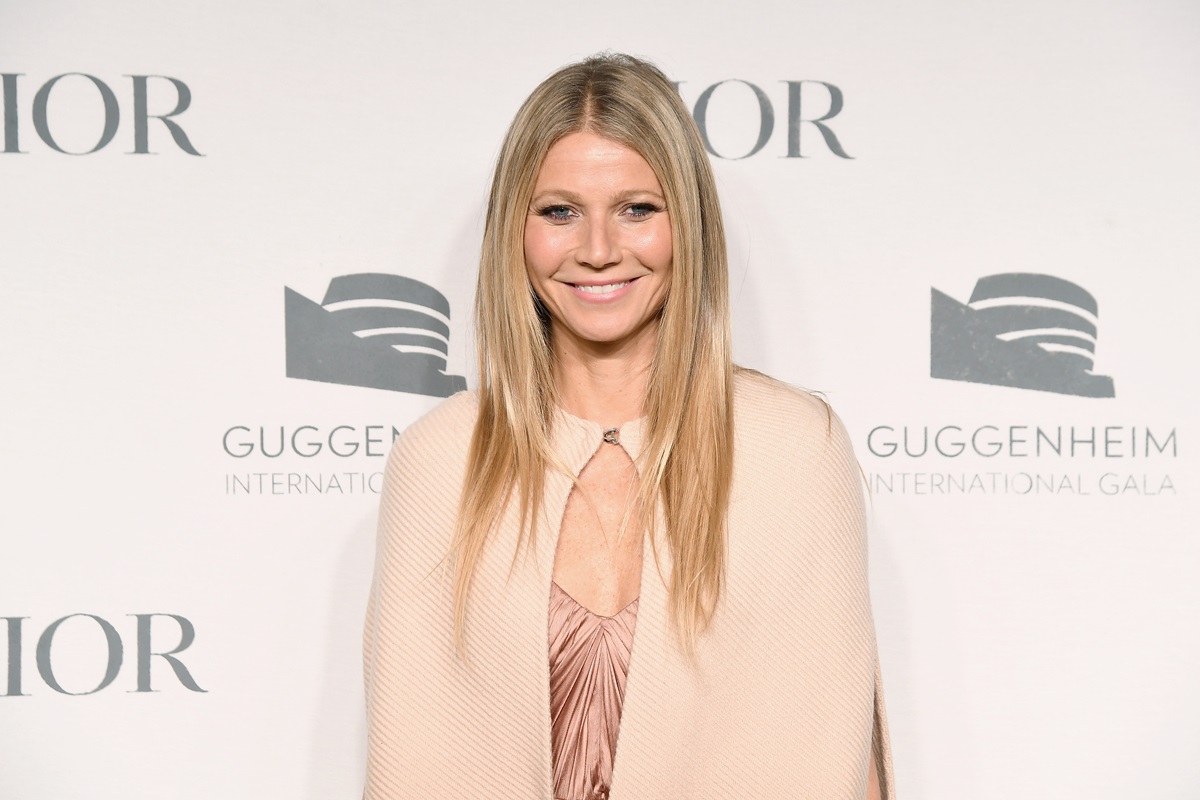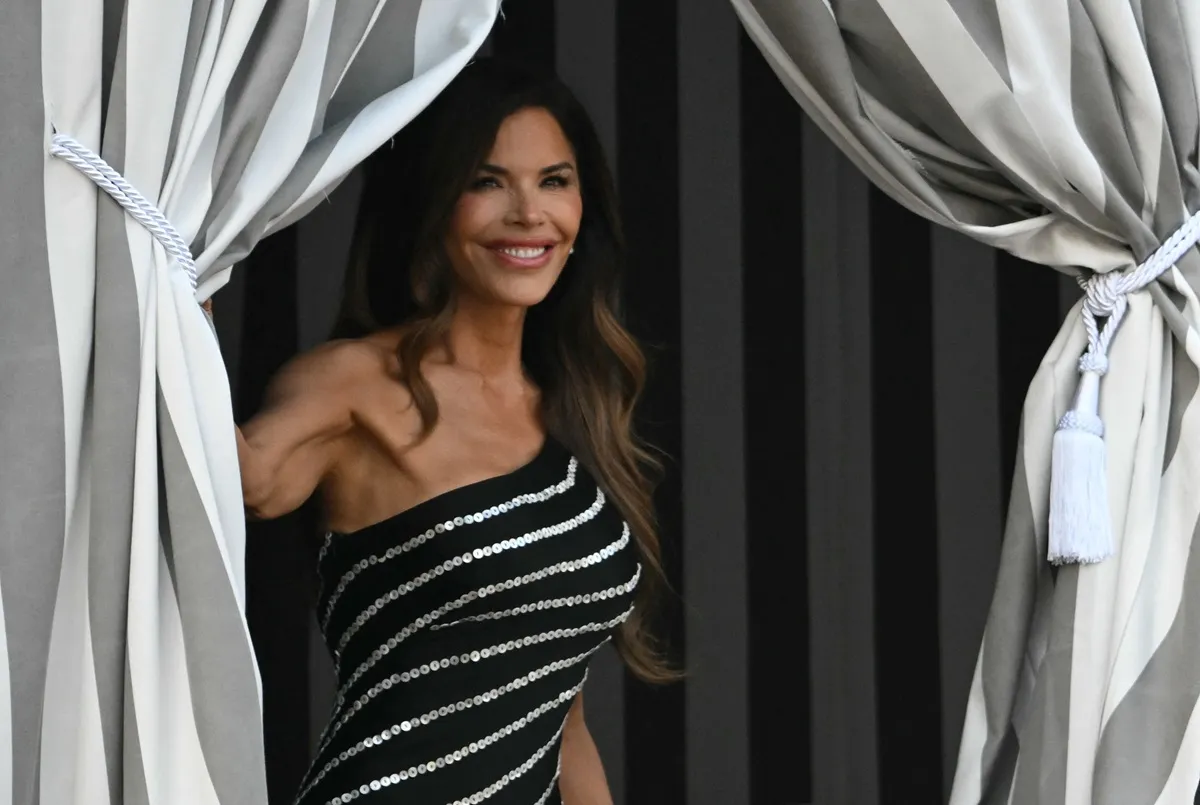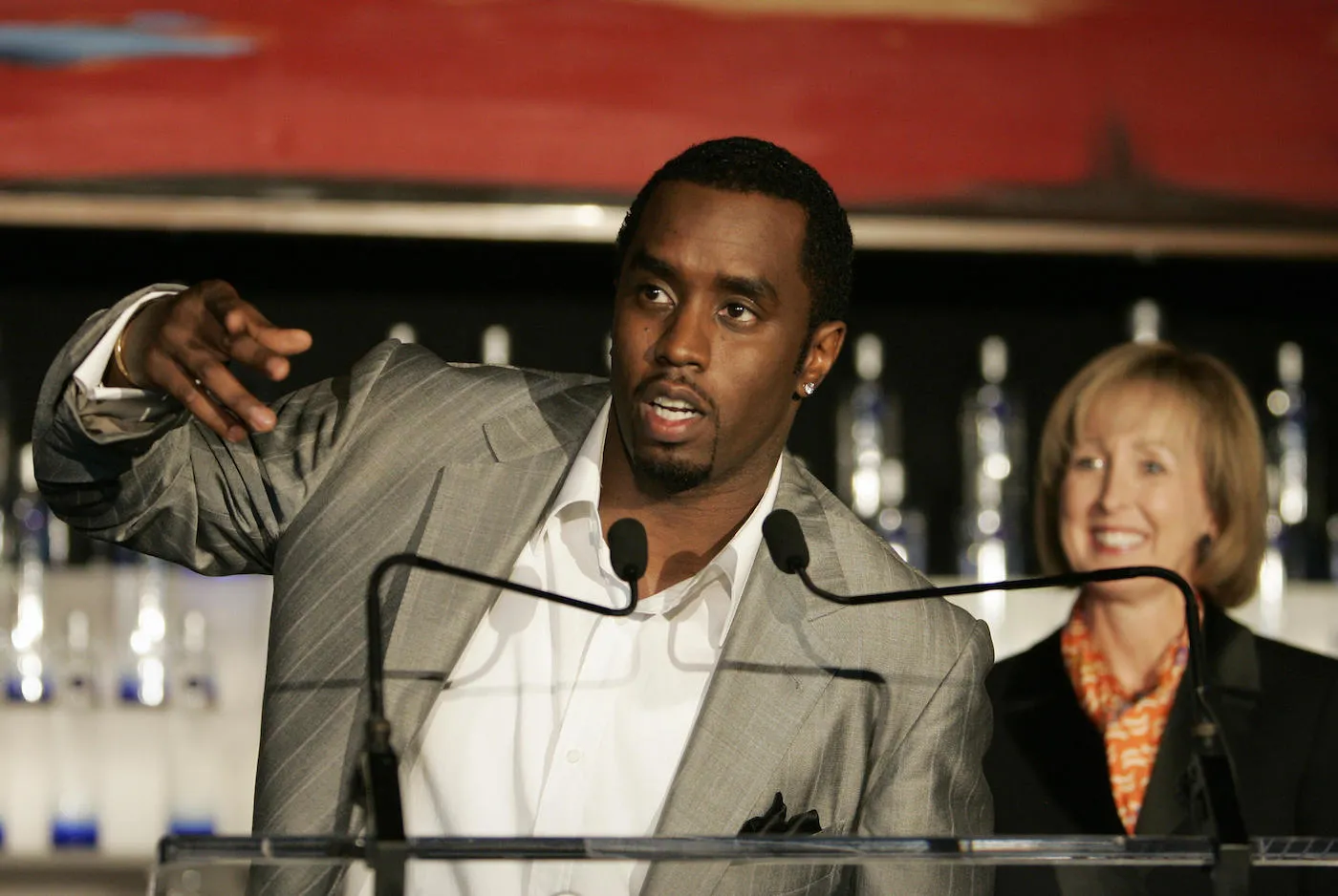
Gwyneth Paltrow Was Offended by Being Compared to These Other Actors-Turned-Entrepreneurs
Gwyneth Paltrow became a successful entrepreneur in her own right after she found her lifestyle brand Goop. Although other actors achieved similar success with their business ventures, Paltrow wasn’t fond of the comparisons.
Gwyneth Paltrow felt her Goop brand is vastly more different than other actors’ companies

Paltrow’s Goop initially started out as a weekly newsletter. Since then, it’s expanded into a company worth hundreds of millions of dollars, delivering products intended to improve its customers’ health and lives. But Paltrow admitted that she had a few reservations before starting her company.
“I think that I had a lot of trepidation about planting this little flag – and saying like ‘I want to do this, but I don’t know if this could be a business’ or how I could execute the business; but it was scary for me to do it,” she once told CNBC.
Many were also curious as to why the actor decided to start her brand in the first place.
“I remember once I also had a movie coming out around the same time and there was a huge article in the New York Times about why am I doing this? And I thought, this seems extreme, like I’m just writing banana nut muffin recipes,” she said.
Despite the naysayers, her band enjoyed similar levels of success as other actors-turned entrepreneurs. This attracted a lot of comparisons between Paltrow and other celebrities with businesses. However, Paltrow thought her company had little in common with her contemporaries.
“I’m fascinated how the media in particular are so confounded by entrepreneurial women doing something outside of their box,” Paltrow once told Time. “Jessica [Alba], especially, who’s a friend of mine – our businesses could not be more different. There’s not a lifestyle piece to her business. The fundamentals of our sites are very different. Reese [Witherspoon] launched – our businesses have similarities, but hers has retail. People are grasping at straws to tie us together and I get it, because it makes a good story, but I’m slightly offended by this sort of generalization that happens with myself and Jessica and Reese and Blake [Lively].”
Gwyneth Paltrow once shared she’s sometimes confused by her own brand
Speaking on Jimmy Kimmel Live, the Iron Man star explained to the talk show host Goop’s approach in attempting to help others live healthier. One of these approaches included a process called Earthing, which focused on connecting more to the planet. Although Paltrow quipped she wasn’t too sure how the process worked herself.
“They say that we lost touch with sort of being barefoot in the earth, and there’s some sort of electromagnetic thing that we’re missing. It’s good to take your shoes off in the grass,” she said.
Kimmel also inquired about a product called the Jade Egg, which once sold for 66$ on Goop’s website. She gave a few tidbits on the product and its performance.
“The Jade Egg is an ancient Chinese practice where women insert the Jade Egg in their … lady parts … to help tone the pelvic floor,” she said.
But ultimately, she joked that occasionally she’s lost on what’s happening on her website.
“I don’t know what the f*** we talk about,” she said.
Gwyneth Paltrow fired back against Goop critics
Paltrow’s Goop has faced a few criticisms since it was launched. Skeptics felt that the products she sold on her website were far too expensive, perhaps more so than they were actually worth. Some believed Paltrow’s brand offered some potentially dangerous advice, such as bee-sting therapy. As the name suggests, this involved making bees sting you to potentially heal all sorts of aches and pains.
She’s also advised against using conventional sunscreen, seeing the product as harmful to the skin due to its alleged chemicals. Her alternative was to use a ‘clean-mineral sunscreen,’ which also drew criticism.
Speaking to BBC, however, Paltrow stood by her beliefs. And couldn’t disagree more with claims that her advice was based on pseudoscience.
“We really believe that there are healing modalities that have existed thousands of years, and they challenge maybe a very conventional western doctor that might not believe necessarily in the healing powers of essential oils or any variety of acupuncture. Things that have been tried and tested for hundreds of years,” she said.


